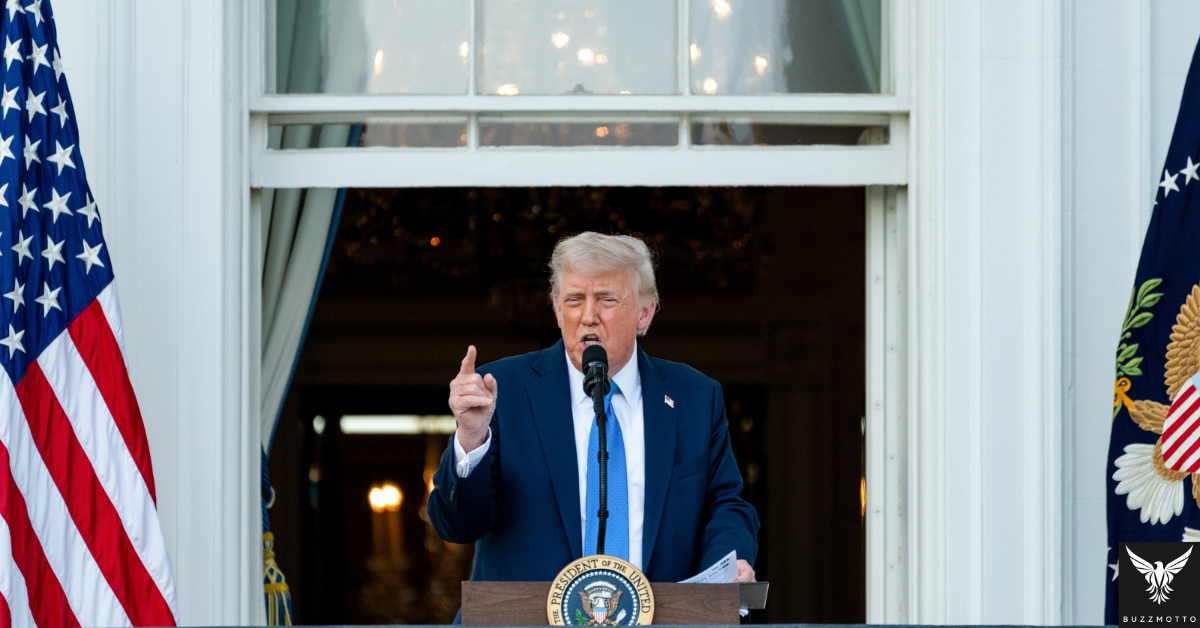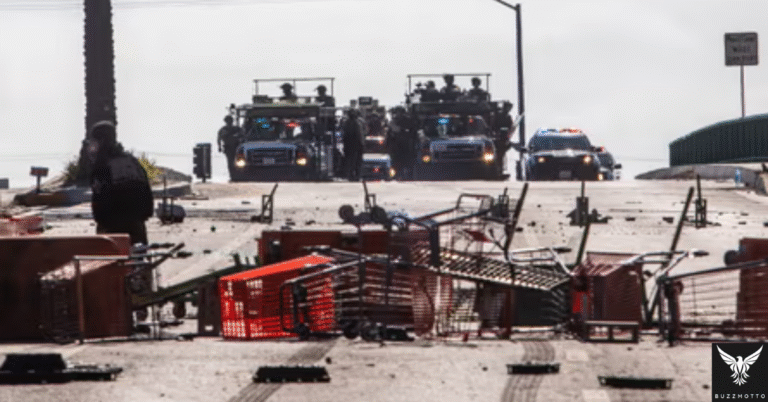
Table of Contents
On June 4, 2025, President Donald Trump signed a sweeping travel ban targeting 19 countries, citing national security concerns and issues related to visa overstays and inadequate identity verification systems. The ban, set to take effect on June 9, 2025, at 12:01 a.m. EDT, has sparked widespread debate and concern among affected communities and international observers.

What Happens to Visas Granted Before June 9?
According to the official proclamation, individuals who were issued valid U.S. visas before June 9, 2025, will not have their visas revoked. This means that travelers from the affected countries who already possess valid visas can still use them to enter the United States, provided they are not otherwise inadmissible. However, these individuals should be prepared for potential additional scrutiny upon arrival.
Countries Affected by the Ban
The travel ban imposes full entry restrictions on citizens from the following 12 countries:
- Afghanistan
- Myanmar
- Chad
- Republic of the Congo
- Equatorial Guinea
- Eritrea
- Haiti
- Iran
- Libya
- Somalia
- Sudan
- Yemen
Additionally, seven countries face partial restrictions affecting specific visa categories, including tourist, student, and immigrant visas:
- Burundi
- Cuba
- Laos
- Sierra Leone
- Togo
- Turkmenistan
- Venezuela
These measures are part of the administration’s efforts to address concerns over national security and immigration control.
Who Is Exempt from the Travel Ban?
Several categories of individuals are exempt from the travel restrictions:
- Lawful permanent residents (green card holders)
- Dual nationals traveling on a passport from a non-restricted country
- Individuals with valid U.S. visas issued before June 9, 2025
- Diplomats and those traveling on official visas
- Athletes participating in major international sporting events
- Afghan special immigrant visa holders
- Persecuted religious minorities from Iran
- Individuals granted asylum, advance parole, or protection under the Convention Against Torture
These exemptions aim to balance national security interests with humanitarian considerations and existing international commitments.

Waivers and Special Considerations
For individuals not covered by the aforementioned exemptions, the proclamation allows for case-by-case waivers. To qualify, applicants must demonstrate that denying entry would cause undue hardship, that their entry would not pose a threat to national security or public safety, and that their entry would be in the national interest. However, historically, the approval rate for such waivers has been low.
Public Reaction and Criticism
The reinstatement of the travel ban has reignited debates over its implications and effectiveness. Critics argue that the ban disproportionately affects vulnerable populations, including those fleeing conflict or persecution, and undermines humanitarian efforts. The inclusion of countries like Afghanistan and Haiti has been particularly contentious, given the ongoing crises in those nations. Advocacy groups and some lawmakers have called for the policy to be reconsidered, emphasizing the importance of upholding America’s commitment to refugees and international cooperation.
Final Thoughts
As the June 9 implementation date approaches, individuals from the affected countries should stay informed about the latest developments and consult with legal experts if they have concerns about their travel plans or visa status. While the administration maintains that the travel ban is a necessary measure for national security, its broader implications continue to be a subject of intense discussion and legal scrutiny




